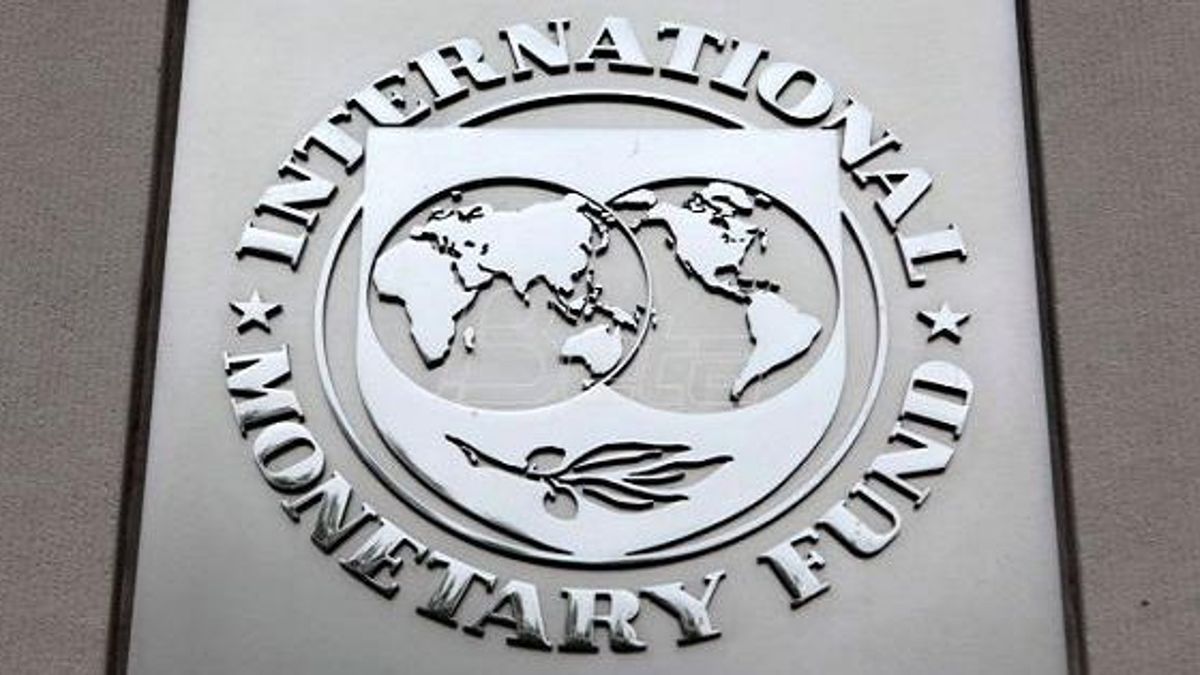(Trinidad Guardian) A staff mission from the International Monetary Fund (IMF) yesterday said it again “encourages” the Ministry of Finance and the Central Bank to remove all restrictions on current international transactions as a means of creating a more investment-friendly business environment that would drive the diversification of the T&T economy.
The advice of the IMF team is that T&T should remove foreign exchange restrictions while providing enough foreign exchange to meet the demand for all current international transactions.
The IMF’s encouragement came in its concluding statement following the international financial institution’s Article IV consultations with T&T authorities (Ministry of Finance and the Central Bank). Those consultations lasted from March 1-14.
In the report, the IMF staff said a more efficient foreign exchange infrastructure would help eliminate foreign exchange shortfalls.
“It would also help create a more conducive business environment for the private sector to invest and diversify the economy. Over the medium term, greater exchange rate flexibility would reduce the need for fiscal policy adjustments to restore external balance and create room for more counter-cyclical monetary policy (which would stimulate a slowing economy and slow an expanding one),” IMF staff said.
“IMF staff encourages the authorities to remove all restrictions on current international transactions, while providing sufficient foreign exchange to meet demand for all current international transactions.”
Among the current restrictions of T&T’s foreign exchange regime include the limitation in the movement of T&T’s main exchange rate, the US to TT, to a narrow band in which the selling rate is not allowed to go beyond the ceiling of US$1 to TT$6.7997.
The authorities also limit the amount of foreign exchange that is sold to the authorised dealers. That has led local commercial banks, who are among T&T’s authorised foreign exchange dealers, to restrict the amount of foreign exchange they are able to sell to customers, both companies and individuals.
This has resulted in a very active black-market trade in US dollars and long delays in the completion of payments for imports and foreign services.
The IMF team also recommended that the Central Bank should increase its repo rate from 3.5 per cent, which it has maintained since March 2020, as a means of heading off inflationary pressure and mitigating capital flight.
The IMF team said: “Increasing the policy rate should be seriously considered to contain inflationary pressures and narrow the negative interest rate differentials with the US monetary policy rate. This would also help mitigate potential risks of capital outflows and reduce incentives for excessive risk-taking that could threaten financial stability.”
The Central Bank’s next monetary policy announcement is March 31, 2023.
T&T has experienced a chronic shortage of foreign exchange since 2014, when it was flagged as an issue by former Central Bank governor Jwala Rambarran.
Addressing the Jamaica trade mission at the Hyatt Regency last Friday, Finance Minister Colm Imbert said T&T was experiencing a foreign exchange shortage, not a crisis.
He referenced the establishment by the EXIM Bank of a window in 2018 that facilitates access to foreign exchange by non-energy manufacturers.
“From what I have been told by the business community, it has been a very successful programme. So far, we have put almost US$1 billion into that entity for distribution,” Imbert told the conference.
Yesterday’s statement by the IMF team was not the first time the institution has called on the Government to address the country’s foreign exchange issues.
In November 2021, at the end of an Article IV consultation, the IMF team also “underscored the need for an appropriate policy mix to support the exchange rate regime and called for the removal of restrictions on current international transactions.”
And in a February 9, 2022, statement, the IMF said: “A proliferation of special-purpose facilities at the EximBank to prioritise foreign exchange access to manufacturers, importers of necessities—including State-owned Enterprises—have produced a hybrid exchange rate system that is prone to inefficiencies …
“Staff also encourages the authorities to eliminate exchange restrictions and multiple currency practices in a planned manner while providing sufficient FX to meet demand for all current international transactions.”
In a statement yesterday, Imbert thanked the IMF team, “for the thorough work and high-quality exchanges that have taken place during the two-week mission.”
Imbert added: “The IMF’s acknowledgement of the prudence, resilience and medium-term orientation of our fiscal policy is indeed gratifying, coming as it does after the multiple shocks faced by Trinidad and Tobago and the world economy over the last three years.”
On the issue of T&T’s exchange rate regime, Imbert said: “The IMF has encouraged us to continue ‘maintaining sound and consistent policies’ to support our current exchange rate arrangements, while acknowledging the need to balance growth and price stability objectives.”
T&T’s net official foreign reserves as at February 2023 amounted to US$6.75 billion, which provides the country with 8.5 months of import cover.






